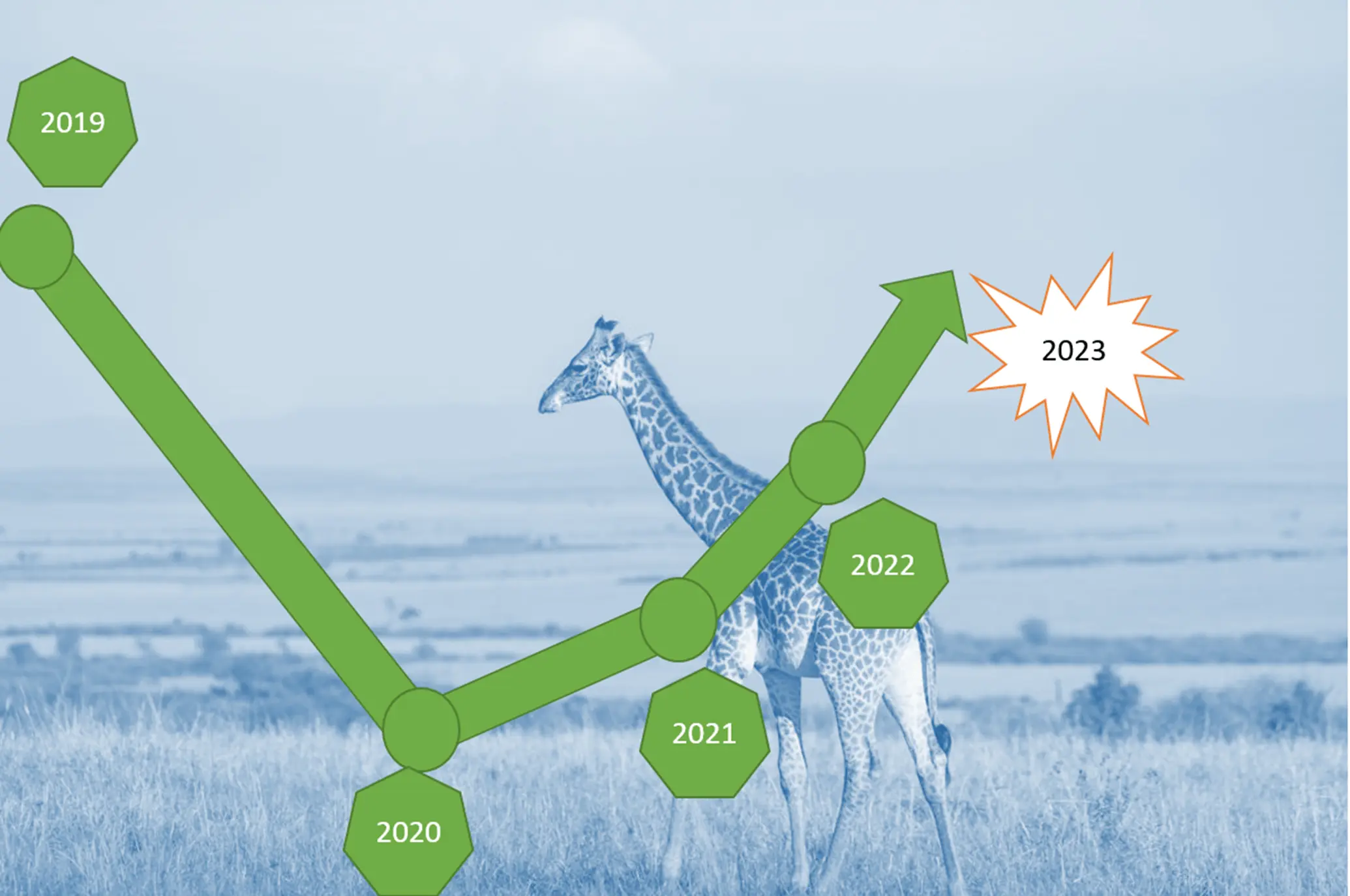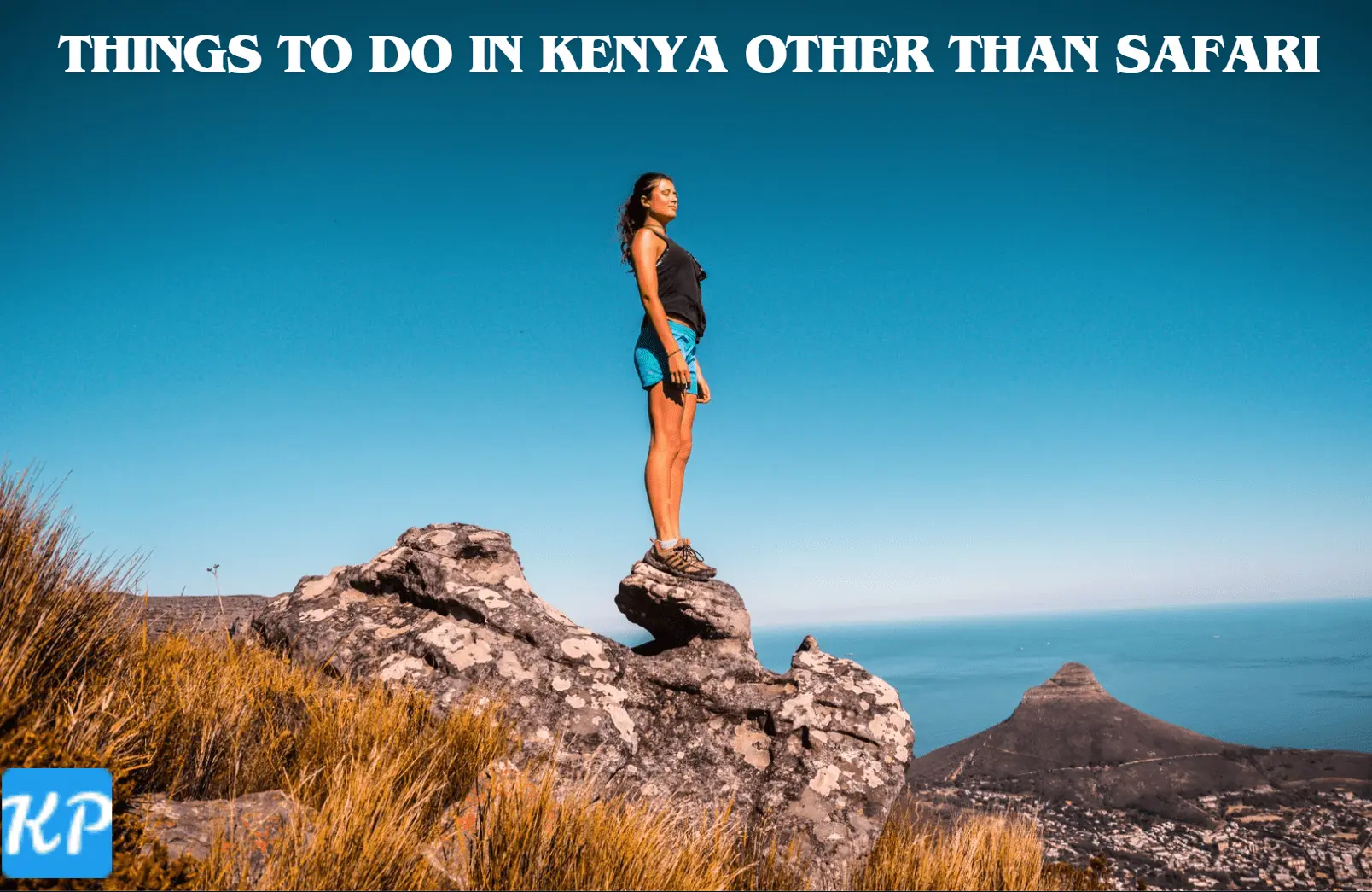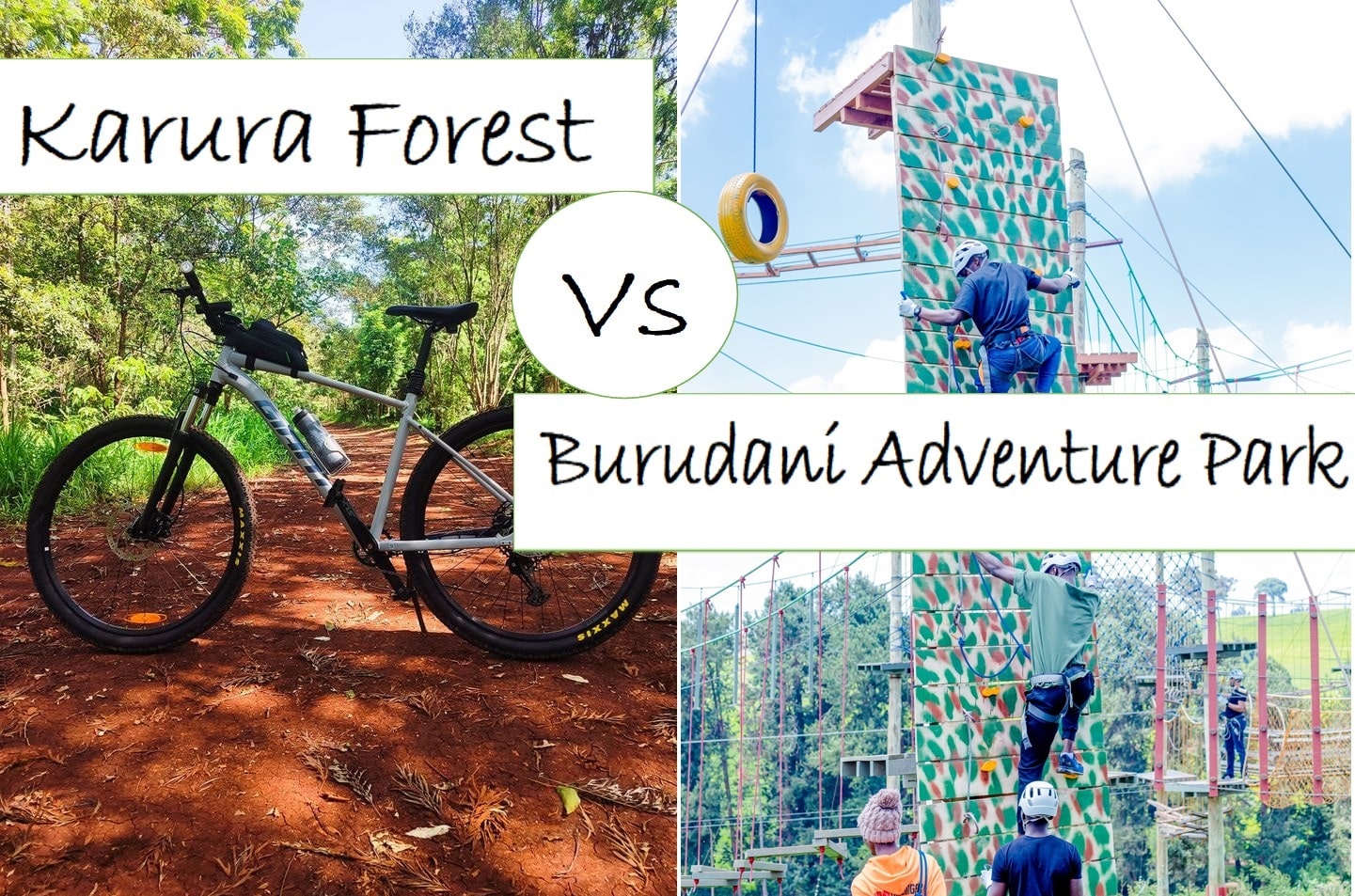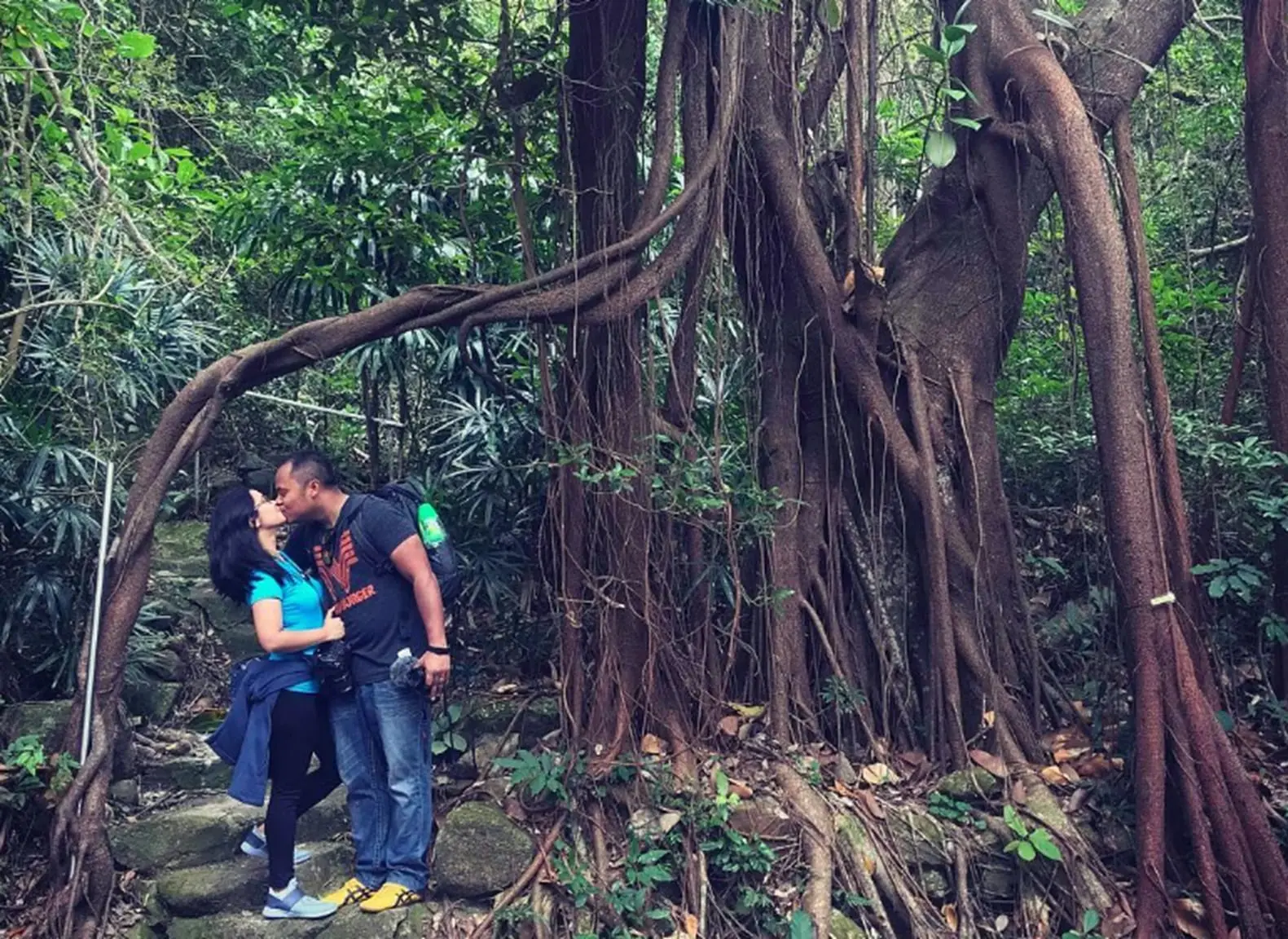Things to Know Before Going to a Safari in Africa
By Diana Kerubo | Posted: 10-Feb-2025 | Updated: 10-Feb-2025 | 9 mins Read
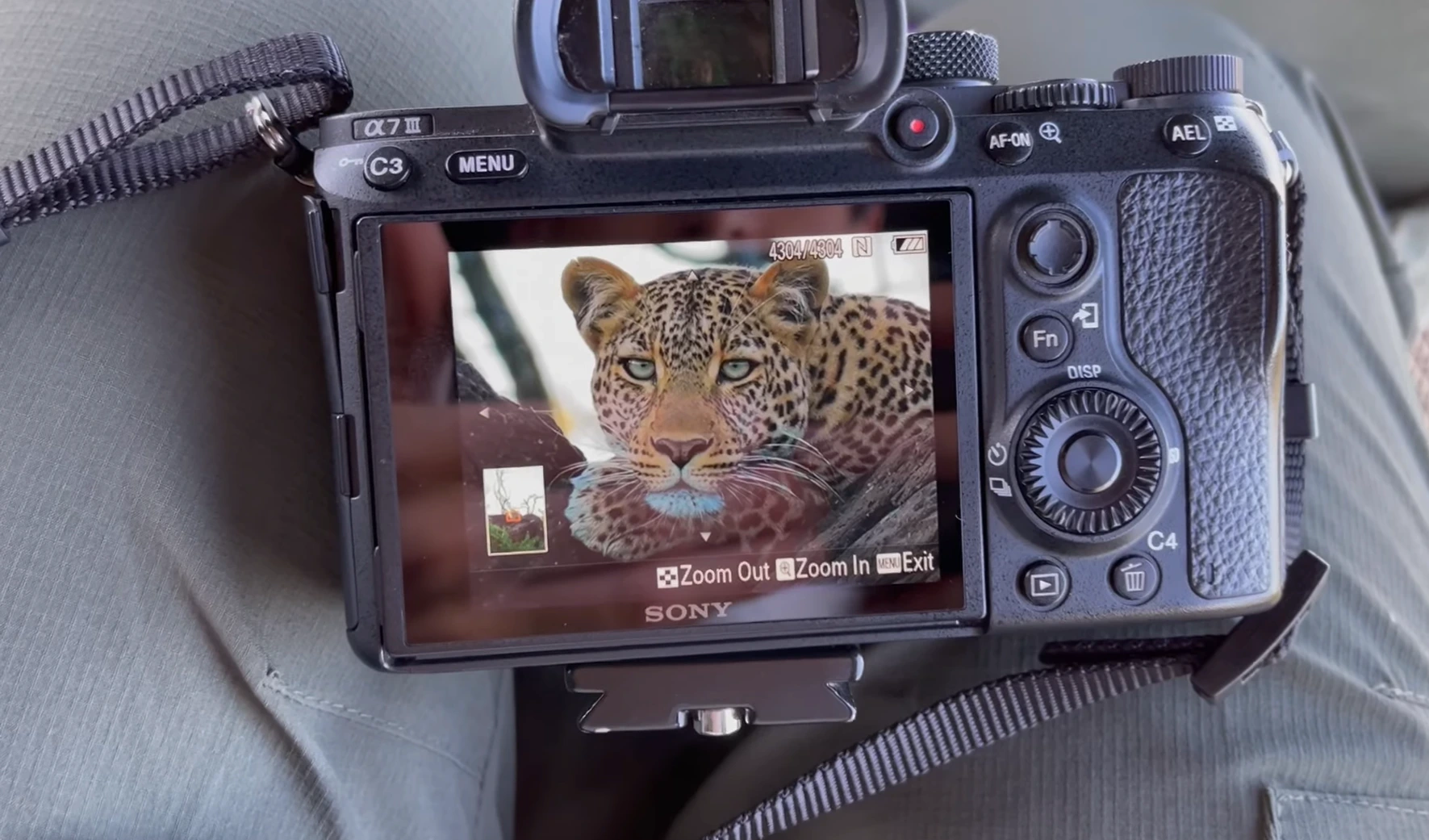
Planning a safari to Africa can be exciting and challenging at the same time. There are a few things you should know before you set off on your adventure.
Safaris aren’t just about spotting wildlife—they come with early mornings, dusty roads, and unpredictable moments that make the experience even more exciting. To help you prepare, we’ve put together some key tips so you can make the most of your time in the wild.
Let’s get into it!
1. Pack Smart – Layered Clothing is Key
One of the biggest surprises for first-time safari-goers? Africa isn’t always hot. Sure, afternoons can be scorching, but mornings can get shockingly cold—especially when you're on an open safari vehicle before sunrise.
If you’re not dressed right, you’ll either be freezing at dawn or overheating by midday. The solution? Layers.
Here’s the trick: start the day with a fleece or light jacket over a long-sleeved shirt, then strip down to a breathable t-shirt as the sun climbs higher. In the evening, you’ll want to layer up again as temperatures drop.
Neutral colors like khaki, green, and brown are ideal—not just for blending into the environment but also because they don’t attract bugs like bright colors do.
Also, expect dust. Lots of it. Especially in the dry season. Avoid white clothing unless you’re okay with it turning beige by the end of the trip. A scarf or buff can help keep dust out of your nose and mouth, and if you're bringing a camera, a protective cover is a must.
The bottom line? Pack smart, dress in layers, and be ready for any weather Africa throws your way.
2. Safari Schedules – Be Ready for Early Mornings
If you’re the type who loves sleeping in on vacation, a safari might test you. Game drives start early—we’re talking before sunrise—because that’s when wildlife is most active.
Predators like lions and leopards are still on the move after their nighttime hunts, and you’ll have the best chance of spotting elusive animals before the heat of the day kicks in.
Here’s what a typical safari day looks like:
☀5:30–6:00 AM – Wake up, grab a quick coffee or tea, and head out for the morning game drive.
🚙6:30–10:00 AM – Explore the wilderness while animals are out and about.
🏕10:30 AM–3:30 PM – Return to camp for breakfast, relaxation, or a nap during the heat of the day.
🌅4:00–7:00 PM – Head out for the evening game drive as the sun sets and nocturnal creatures start waking up.
By the time you get back to camp for dinner, you’ll be ready to crash early—because the next morning, it all starts again.
But trust us, waking up early is 100% worth it when you're watching the sun rise over the savannah with elephants roaming in the distance.
3. Dust, Dirt, and Rough Roads – Prepare for the Terrain
Let’s get one thing straight: safaris can be dusty. If you're expecting smooth, paved roads, think again. Many game drives take place on rugged dirt tracks, and when you're driving behind another vehicle, you'll quickly understand why a scarf or buff is a safari essential.
To prepare for the dust and rough terrain:
✔Pack a buff or scarf – Helps keep dust out of your nose and mouth.
✔Protect your camera gear – Use a dustproof bag or cover for your lenses.
✔Choose the right clothes – Dark colors hide dirt better, and avoid bright white unless you want it to turn beige by the end of the trip.
Also, keep in mind that breakdowns and delays can and do happen. Even the toughest 4x4 safari vehicles aren’t immune to a flat tire or getting stuck in the mud. But here’s the thing: this is all part of the adventure. Safari is about adapting, staying patient, and embracing the unexpected. Sometimes, those unplanned stops lead to incredible wildlife sightings you would have otherwise missed!
4. Safety First – Respect Wildlife and Follow Guide Instructions
Being in an open safari vehicle surrounded by lions or elephants might seem nerve-wracking at first. But the truth is, animals won’t bother you if you don’t bother them.
Wildlife in national parks and reserves are used to vehicles, so they see you as part of the landscape—as long as you stay quiet and don’t make sudden movements. This is why your guide will always remind you:
🚫Don’t stand up – It changes the vehicle’s shape and may startle animals.
🤫Keep voices low – Loud noises can scare wildlife away.
📵No flash photography – It can disturb animals and ruin the experience for others.
And no, you’re not allowed to leave the vehicle unless your guide gives the all-clear in a designated area. Even if that cheetah looks really far away, trust us—they can close that distance faster than you think.
Safari guides are highly trained professionals who prioritize safety above all else. Listen to them, follow their instructions, and you’ll have an incredible, worry-free experience.
5. Choosing the Right Safari Operator Matters
A safari is only as good as the team that organizes it. Your guide and tour operator can make or break your experience.
A great safari guide doesn’t just drive you around; they bring the wilderness to life—spotting animals you’d never notice, explaining behaviors, and making every sighting more meaningful. That’s why choosing a reputable operator with experienced guides is crucial.
What sets top safari operators apart?
✔Experienced guides – Trained professionals who know the land and animal behavior inside out.
✔Well-maintained vehicles – Reliable, comfortable 4x4s designed for game drives.
✔Seamless logistics – From airport pickups to accommodation, everything runs smoothly.
At the end of the day, you’ll spend hours with your guide—they should be knowledgeable, friendly, and passionate about wildlife. With the right team, your safari won’t just be a trip; it’ll be a life-changing experience.
6. Tipping Etiquette on Safari
While tipping isn’t mandatory, it’s a big part of safari culture and a way to show appreciation for great service. Safari guides, lodge staff, and drivers work hard to make your experience unforgettable, and a tip goes a long way in supporting them and their families.
So, how much should you tip? Here’s a general guide:
💵Safari guide/driver – $10–$20 per person per day (more if they went above and beyond).
🏕Lodge/camp staff – $5–$10 per person per night, usually pooled among all staff.
👨🍳Porters & restaurant staff – $1–$5 per service.
Most lodges have a tipping box at reception where you can leave cash. If you’re on a group safari, you can pool tips with others. If you're ever unsure, just ask your guide or camp manager—they’ll be happy to advise.
7. Why Impact Safaris are the Best Choice
Not all safaris are created equal. Some simply take you to see wildlife, while others actively contribute to conservation and local communities. These are known as impact safaris—and they’re the best kind.
When you choose a safari operator that supports local guides, conservation efforts, and sustainable tourism, you’re directly helping to protect Africa’s wildlife and uplift local communities. Responsible tourism ensures that future generations can continue to experience these wild spaces.
How do you know if a safari is impactful? Look for:
✔Locally owned lodges & camps – Keeps tourism revenue in the community.
✔Conservation-driven tours – A portion of profits goes toward protecting wildlife.
✔Eco-friendly practices – Lodges that minimize environmental impact.
At the end of the day, an impact safari doesn’t just give you an unforgettable experience—it helps ensure that these landscapes and animals thrive for years to come.
8. Never Skip a Game Drive – Every Outing is a New Adventure
If there’s one rule to live by on safari, it’s this: never skip a game drive.
It might be tempting to sleep in after a few early mornings, but trust us—you don’t want to miss a single opportunity to be out in the wild. Every drive is different, and you never know what you’ll encounter.
That leopard you’ve been hoping to see? It might finally make an appearance. A pride of lions hunting at sunrise? Could happen. On safari, the most unforgettable moments often come when you least expect them.
The more time you spend in the bush, the better your chances of witnessing incredible wildlife interactions. So even if you're feeling a little tired, grab your binoculars, jump in the safari vehicle, and head out—you won’t regret it.
9. Expect Unpredictability – Safari is Not a Zoo
One of the biggest mistakes first-time safari-goers make is expecting a set itinerary of animal sightings. This isn’t a zoo—wildlife moves on its own schedule. You might go hours without spotting a big predator, only to suddenly stumble upon a cheetah stalking its prey.
Patience is key. Some days, you’ll see action-packed scenes of lions roaring and elephants playing in waterholes.
Other days, it might feel quieter—but that’s just part of the experience. Instead of rushing from one sighting to the next, slow down, take in the beauty of the landscape, and appreciate the small details—from a herd of impalas gracefully moving through the grass to the calls of exotic birds filling the air.
And remember: your guide knows best. They’ve spent years reading the bush and understanding animal behavior. If they tell you to wait in one spot, trust them—there’s probably a reason. Safari is all about patience, luck, and being in the right place at the right time.
10. Book Your Safari with a Trusted Operator
A safari is a once-in-a-lifetime experience, so choosing the right company to plan your trip is everything.
The best tour operators don’t just take you to see animals—they craft seamless, immersive experiences that bring Africa’s wilderness to life.
Here’s why booking with an experienced, reputable safari company makes all the difference:
✔Expert planning – No stress, just a perfectly curated itinerary tailored to your preferences.
✔Top-tier guides – Knowledgeable professionals who enhance every game drive with insights and stories.
✔Quality accommodations – The best lodges and camps that match your budget and comfort level.
✔Hassle-free logistics – From airport pickups to park entries, everything is handled.
The right safari company ensures that all you have to do is sit back, enjoy the ride, and soak in the adventure.
If you're ready to plan your dream safari, reach out today—we’ll make sure your experience is nothing short of extraordinary.

